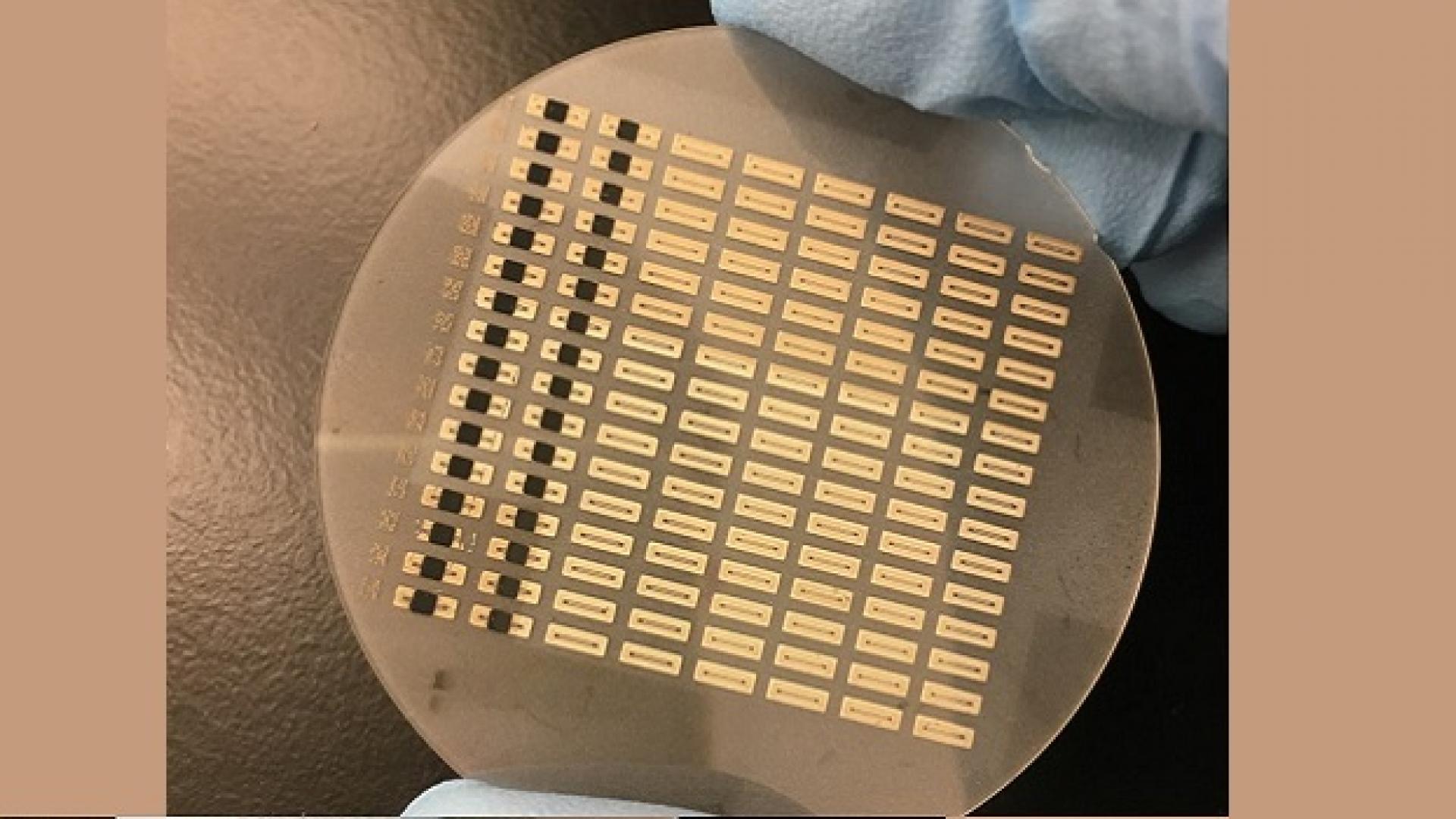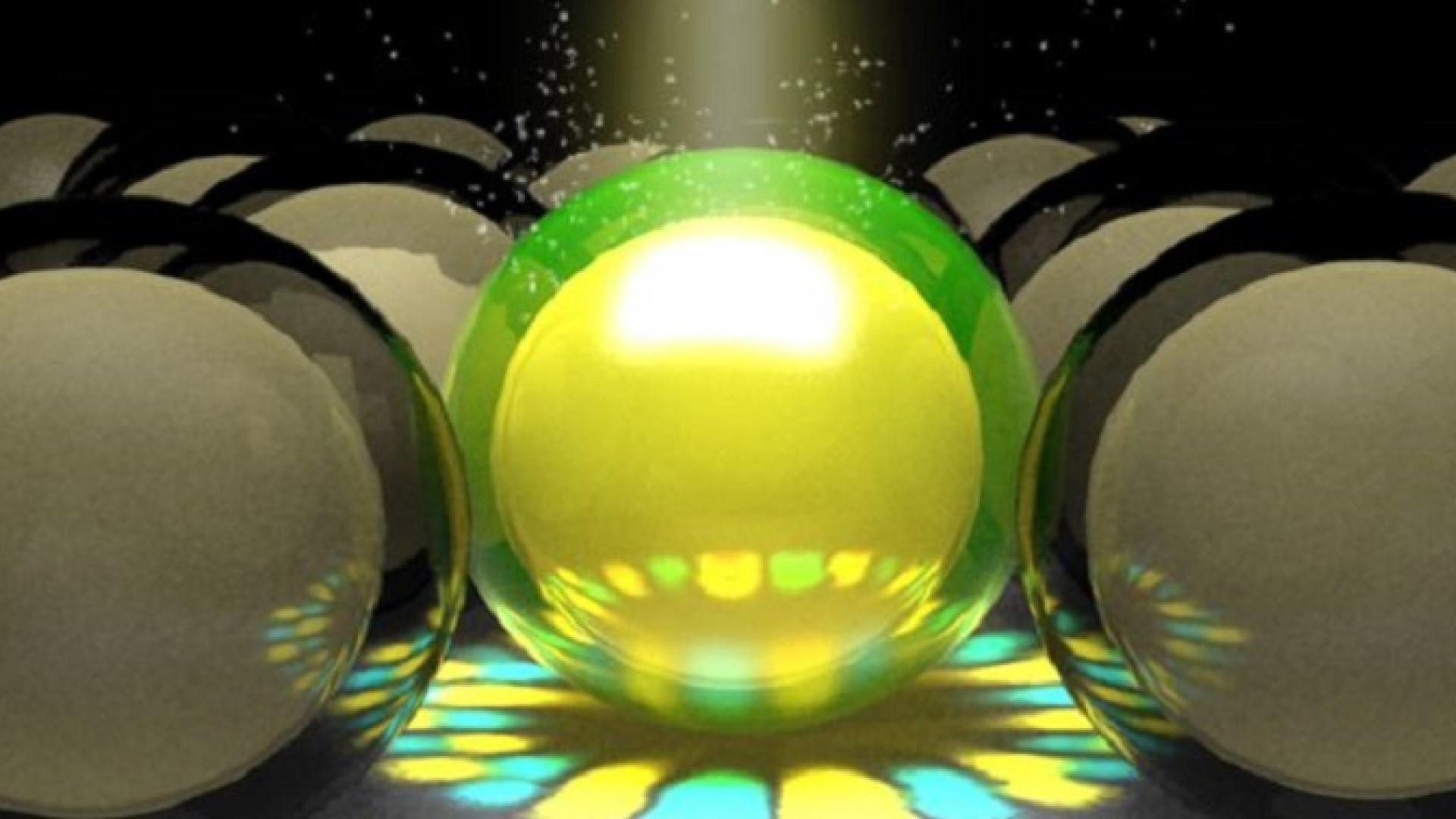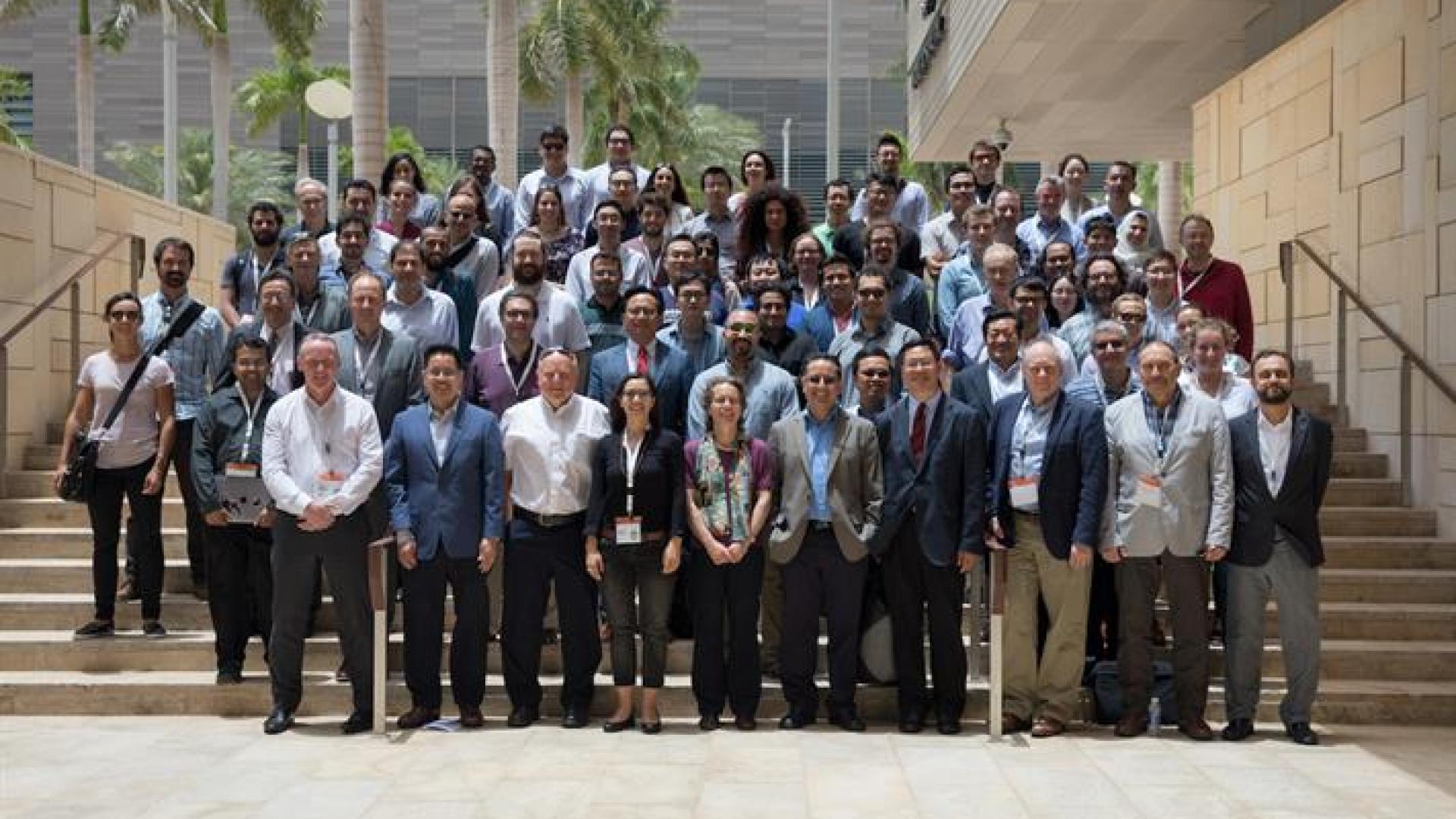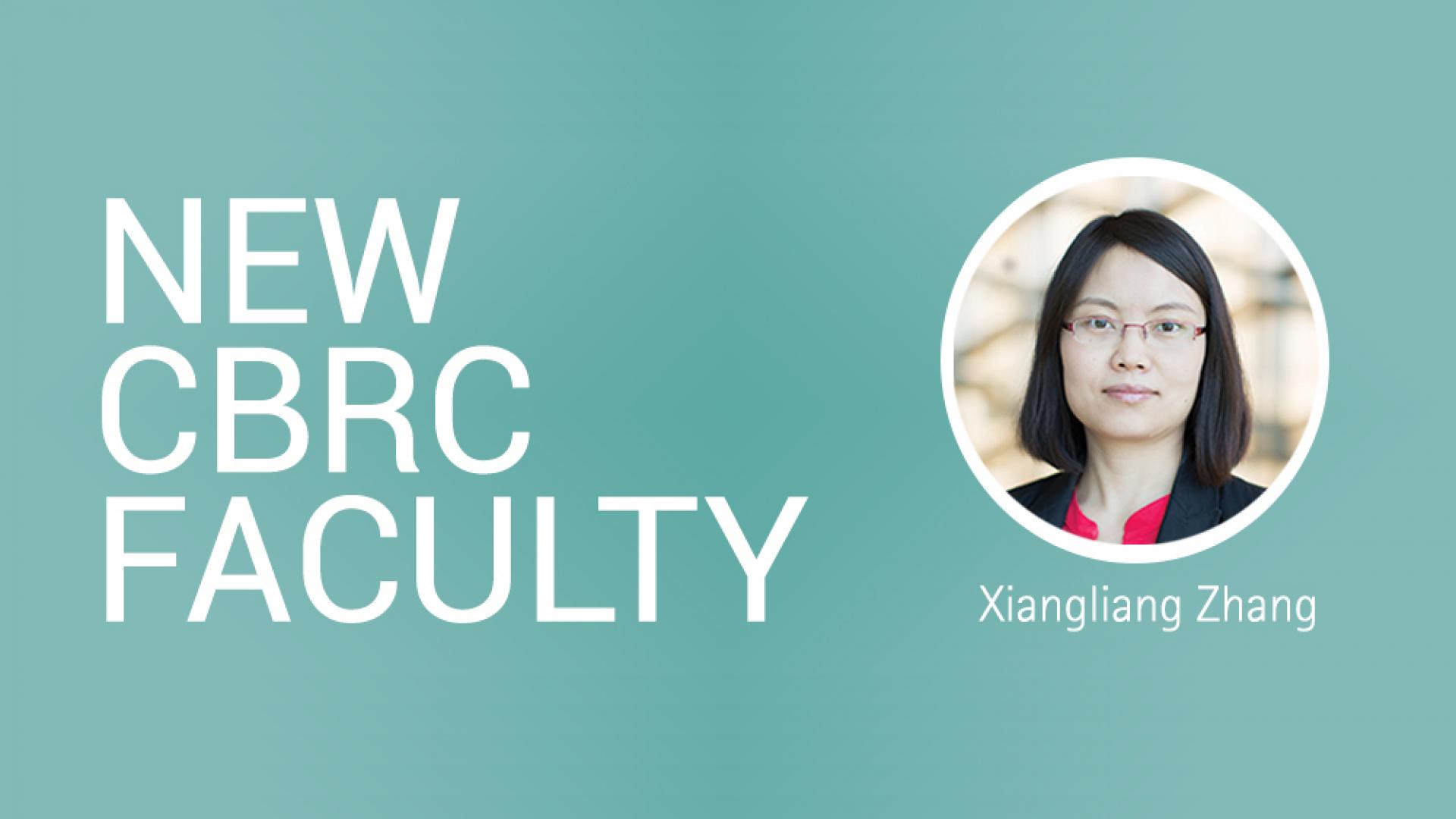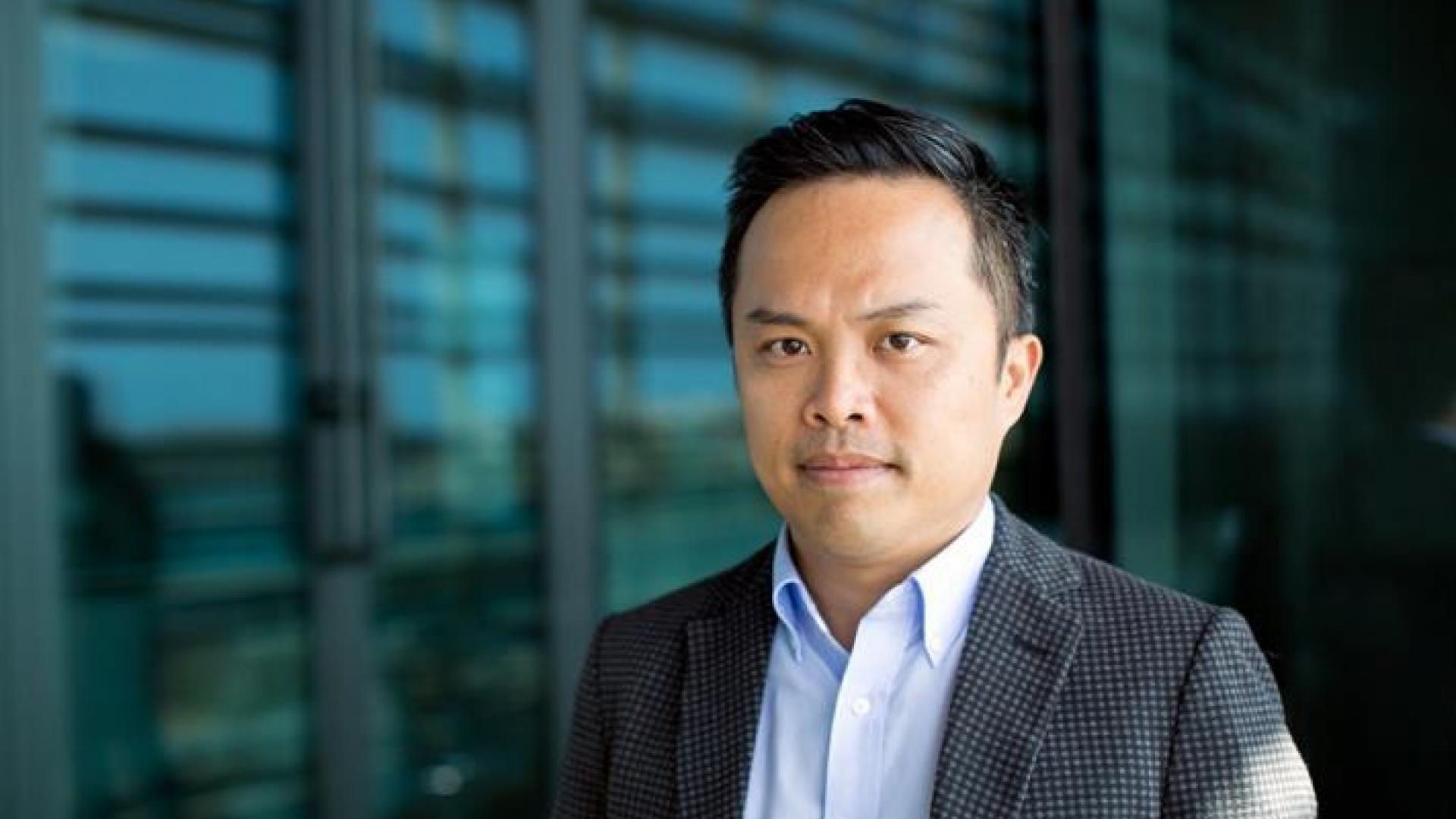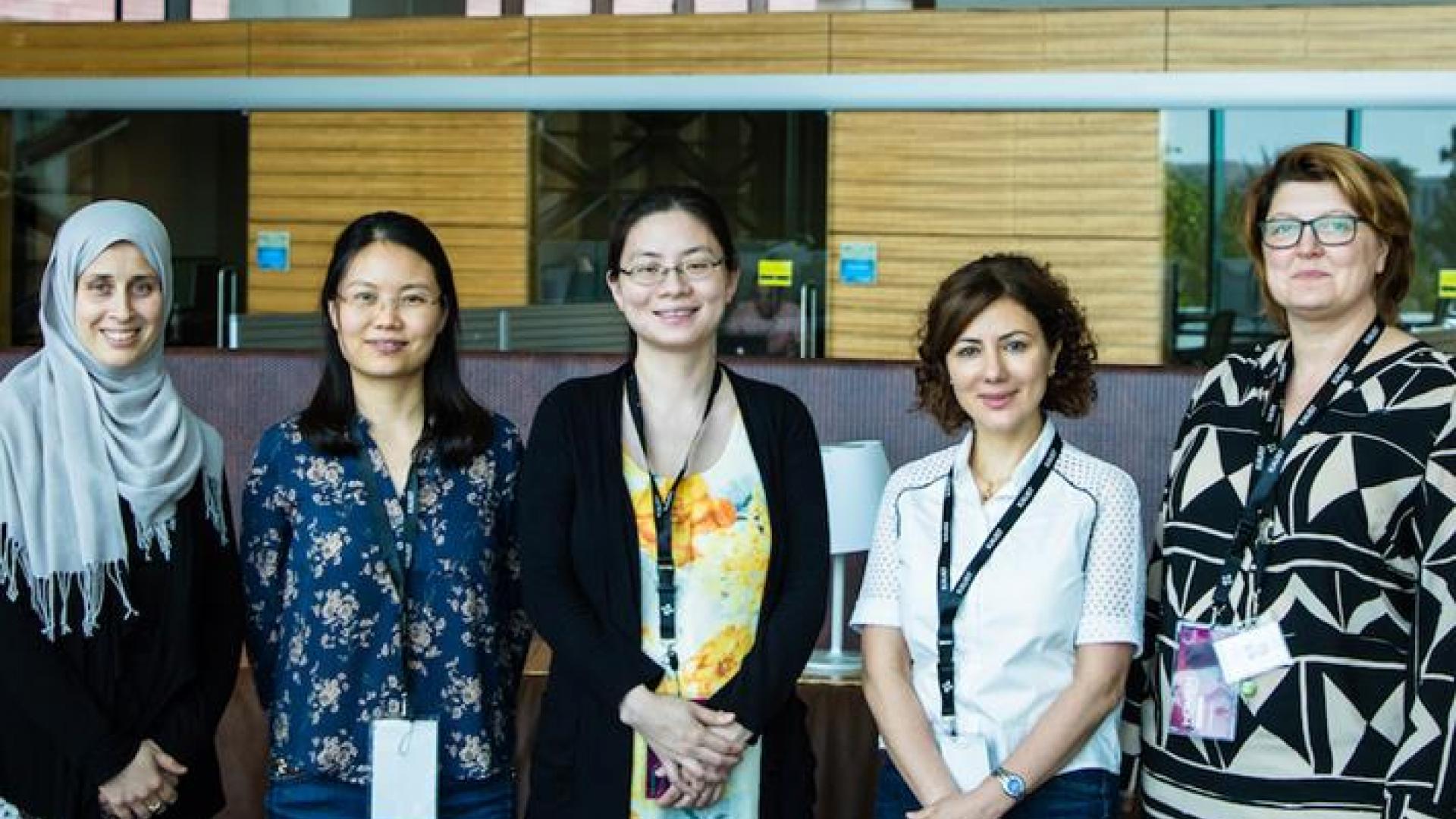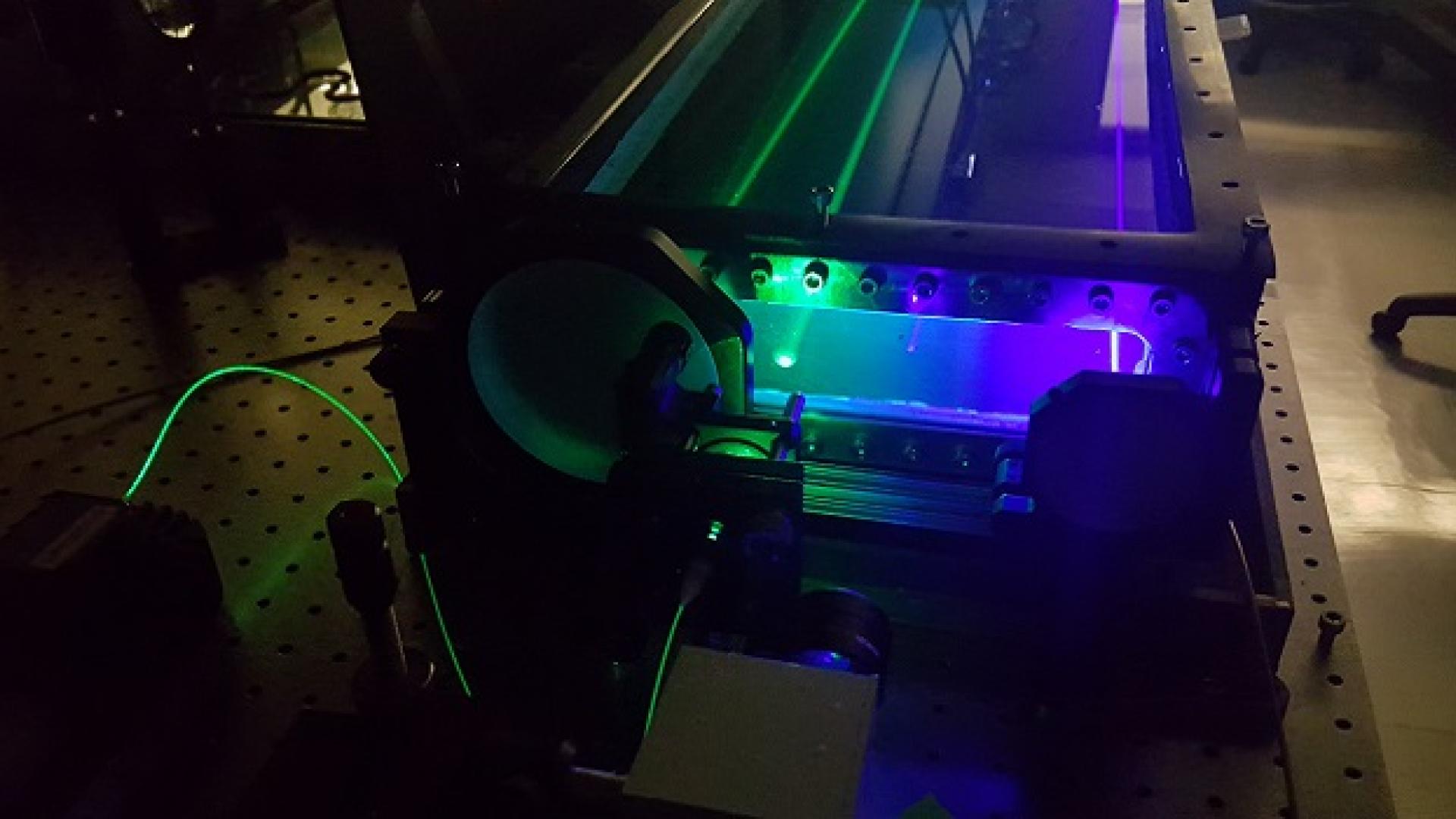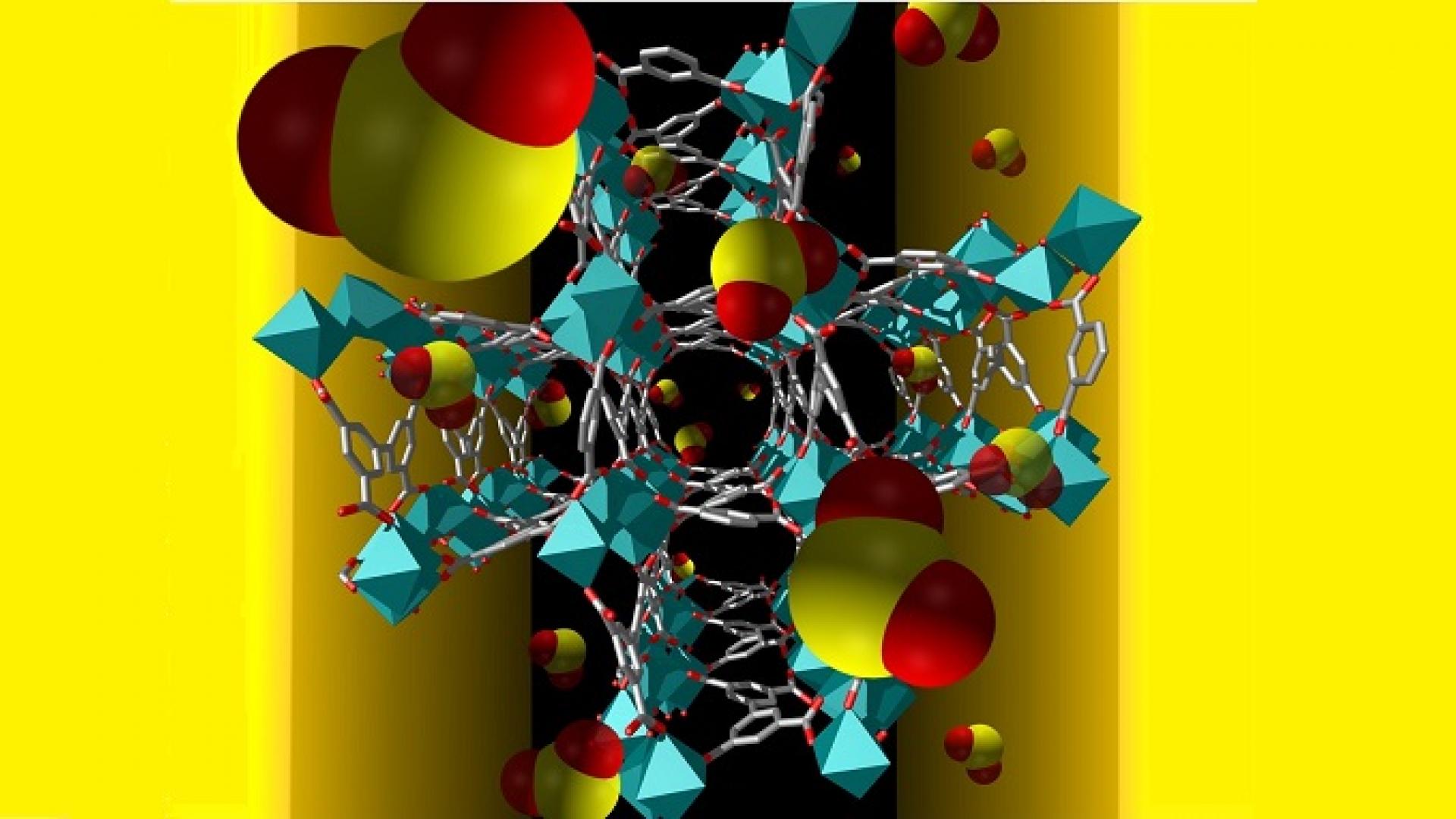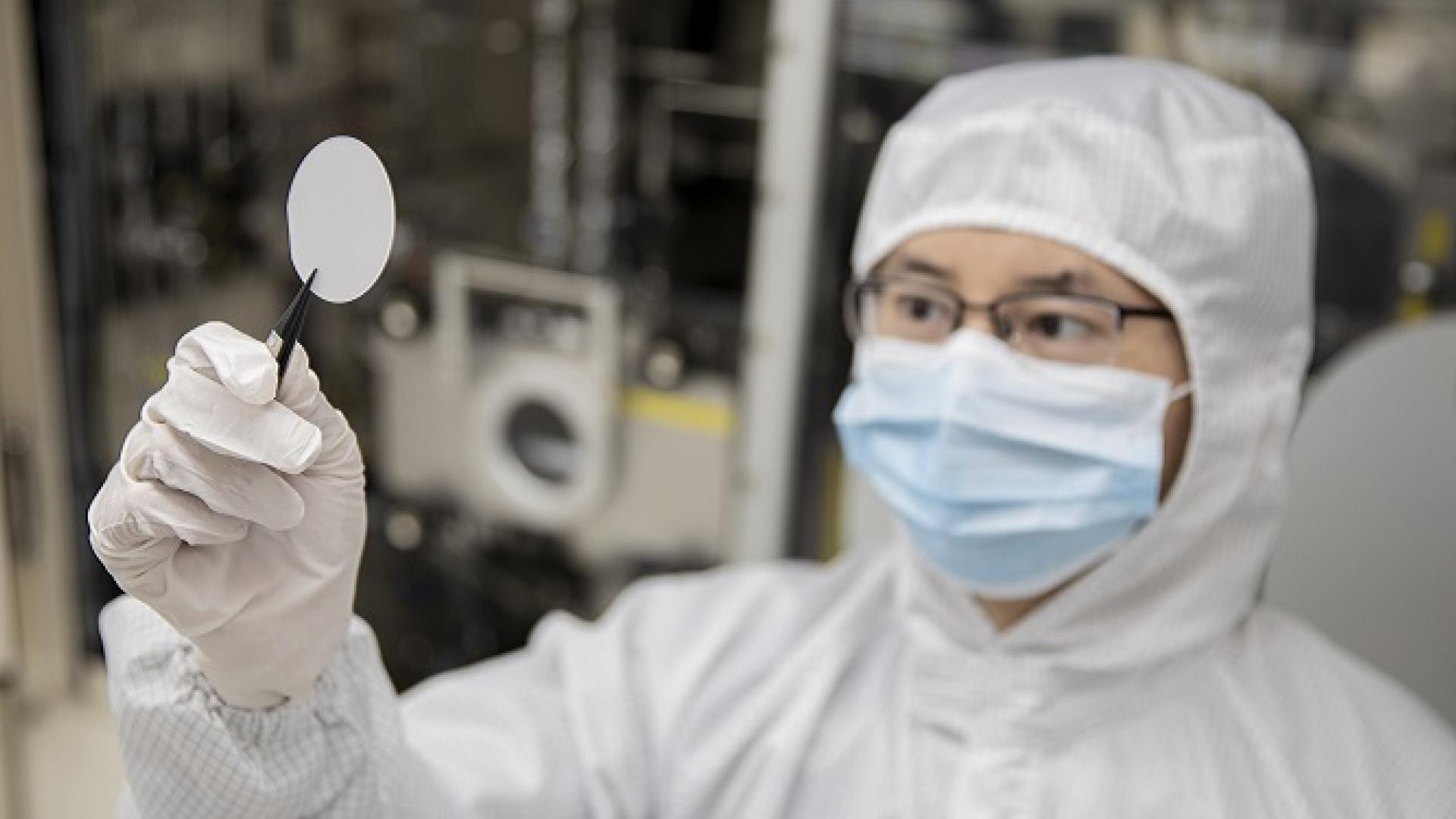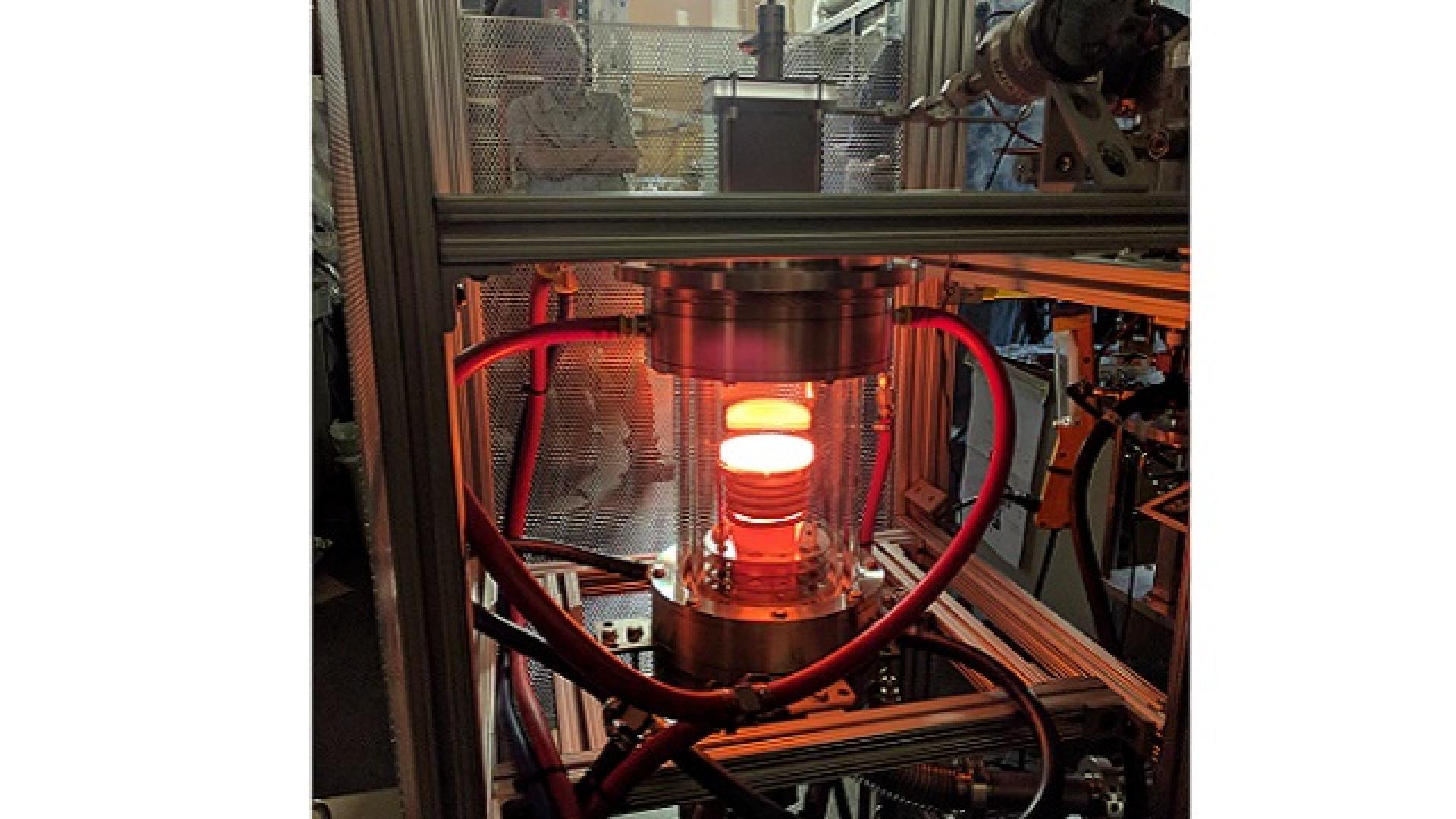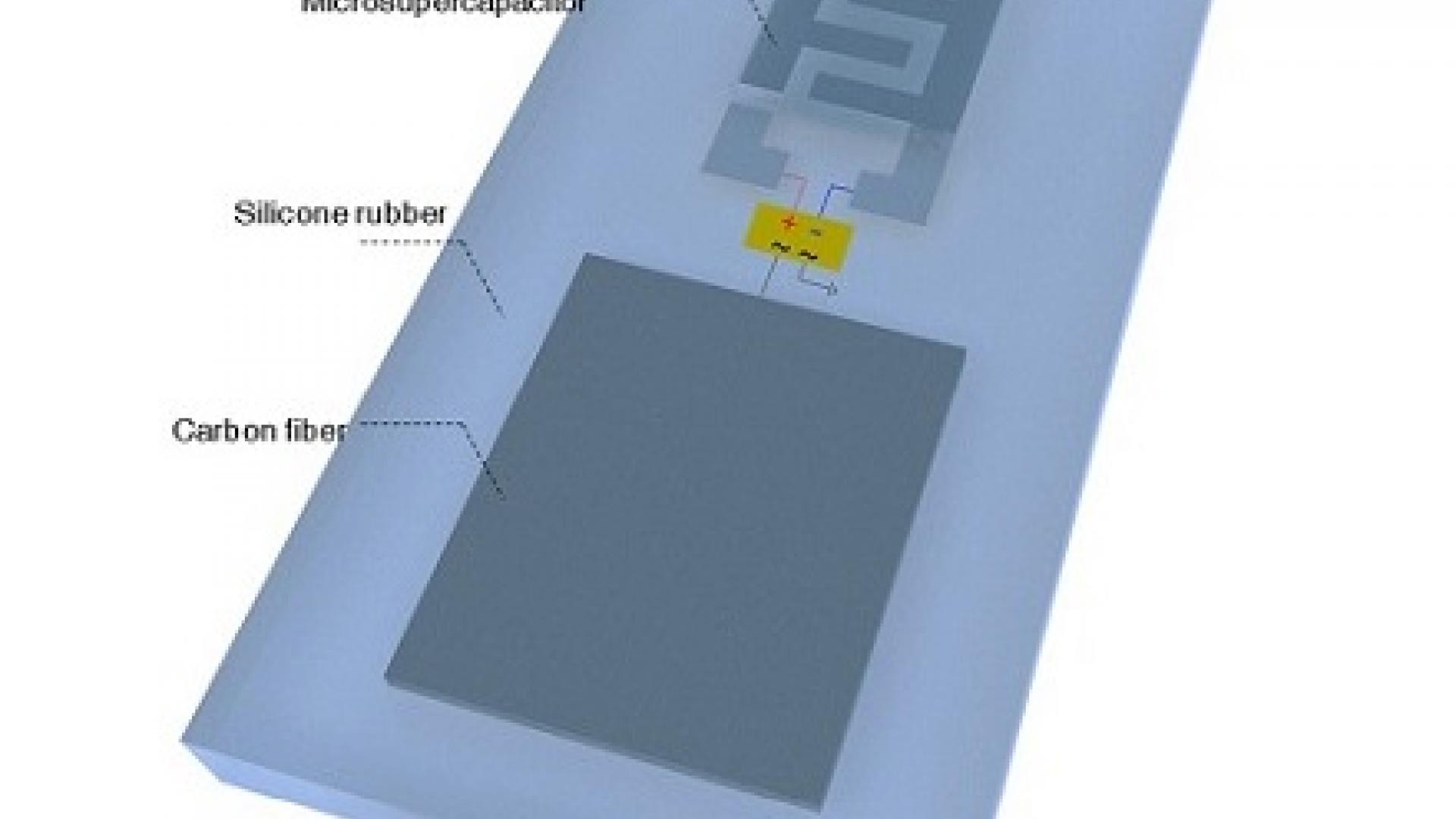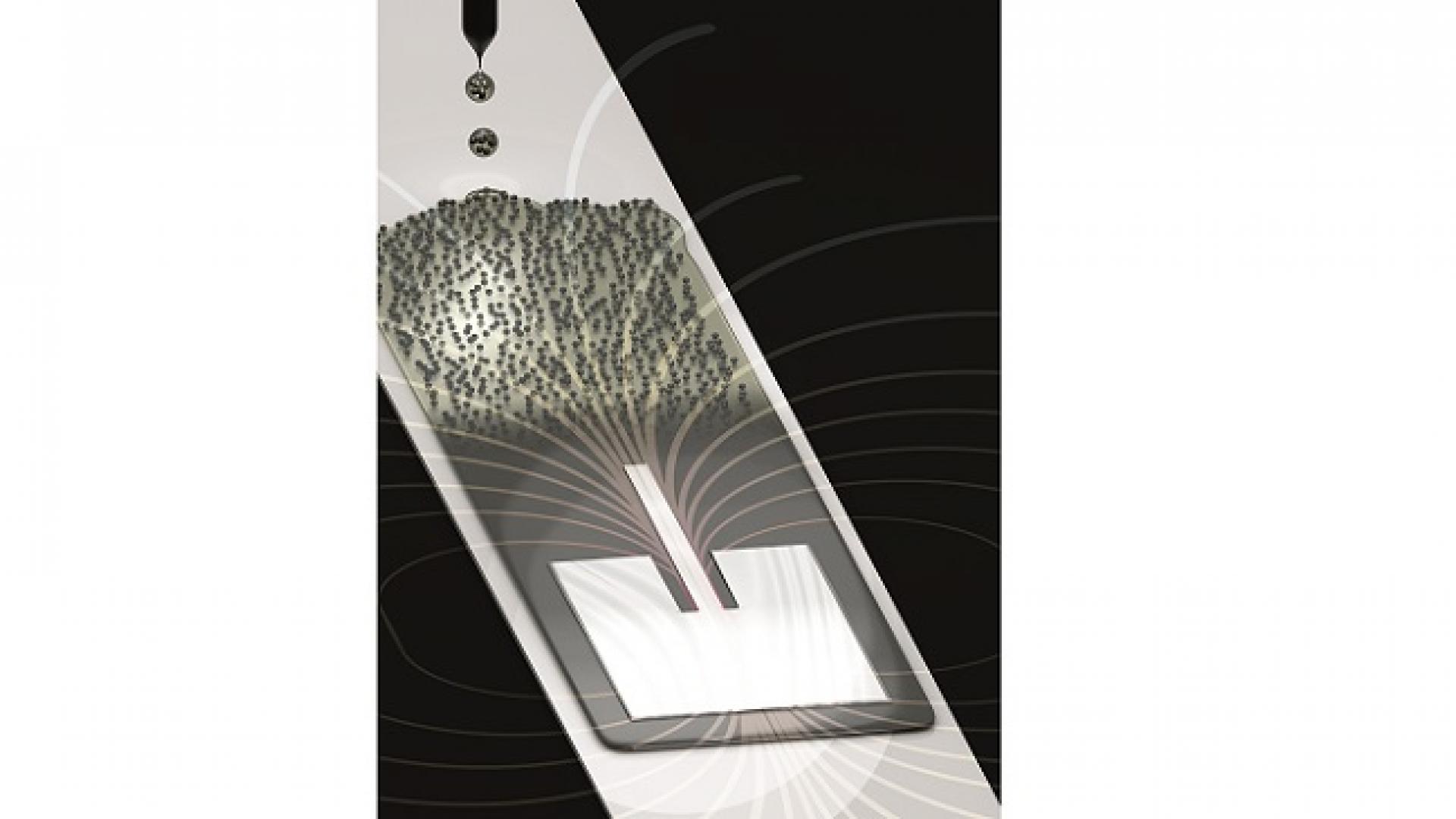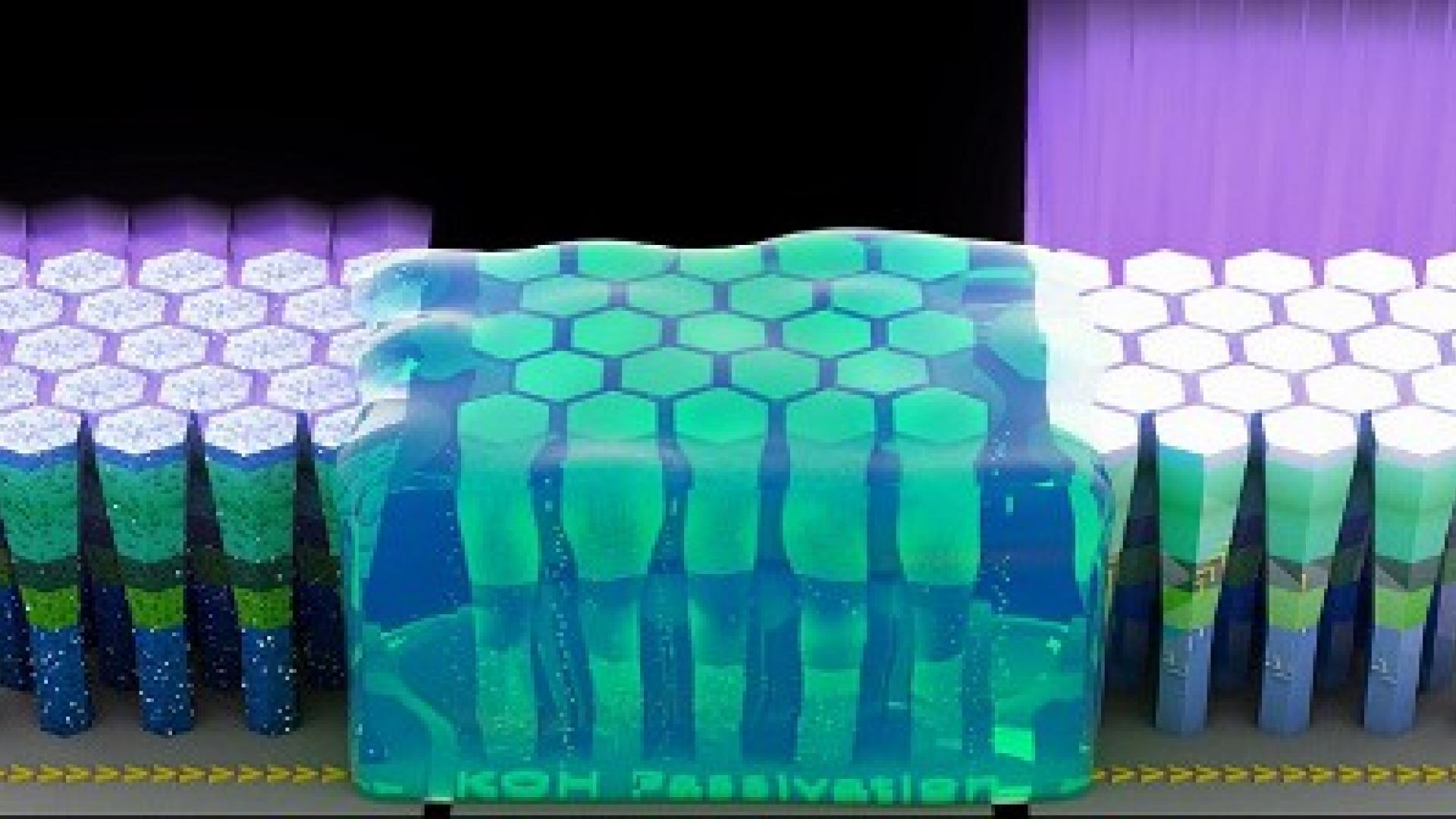The 2018 NANO Conference, which took place at the City University of Hong Kong in late June, was spearheaded by the International Committee on Nanostructured Materials (ICNM) and is a traditional meeting place for nanomaterials researchers.
"It is our responsibility as an institution—and as scientists—to provide the next generation with the ability to fully communicate their research in a coherent and clear manner and to upskill those who will no doubt apply sensing technologies to many more aspects of our lives," said Dr.
A porous material with tailor-made pockets stitched into its structure is a promising material for sensing noxious gases. A thin film of the material, coated onto an electrode, formed an electronic sensor that could detect traces of sulfur dioxide gas.
"A simple chemical surface treatment improves the performance of nanowire ultraviolet light-emitting diodes."
"A technique for reducing the loss of light at the surface of semiconductor nanostructures has been demonstrated by scientists at KAUST."
